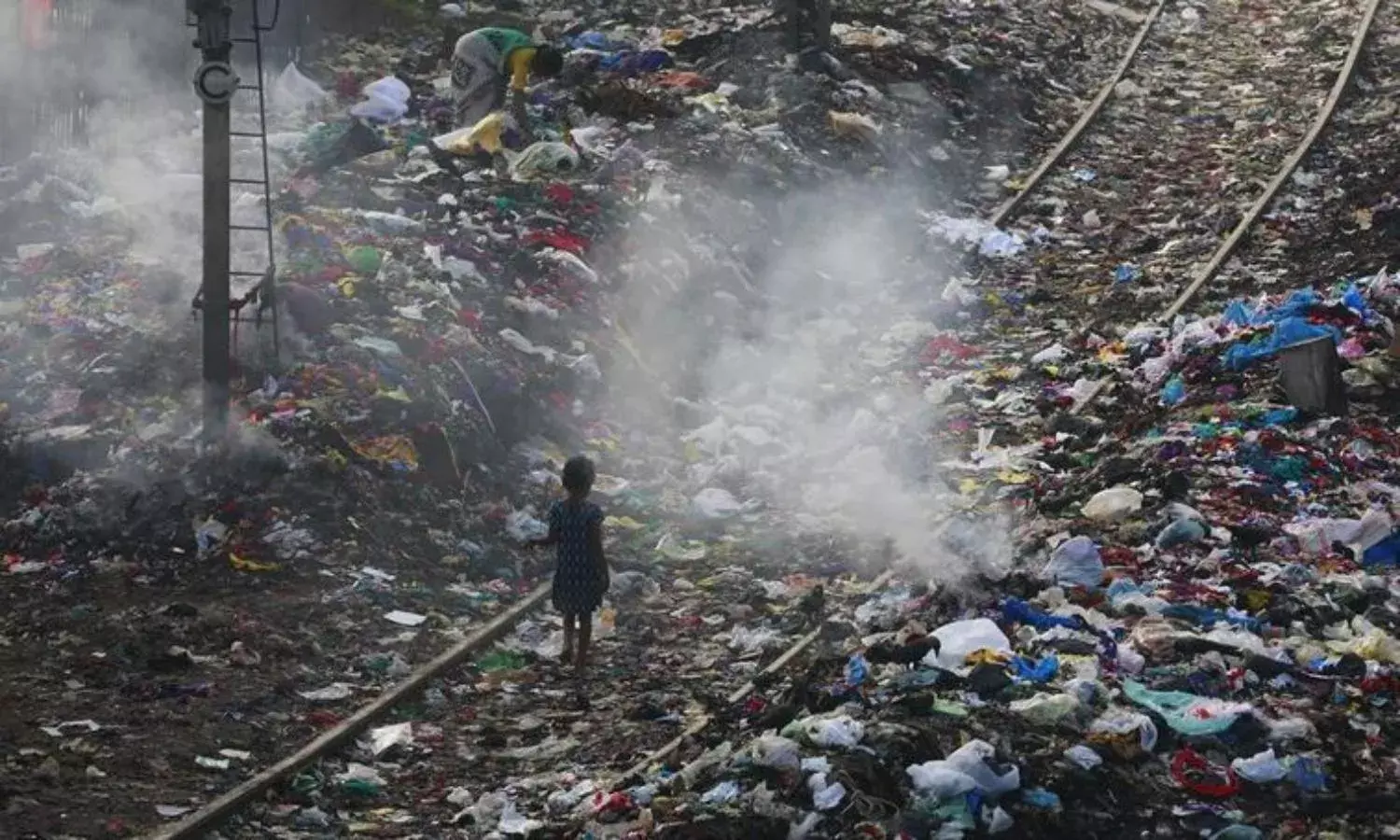
Image Source: thecitizen
The urban landscape of India has been undergoing a significant transformation over the past few decades. With rapid industrialization and the influx of people from rural areas, urban centers are grappling with a myriad of challenges, ranging from overcrowding and inadequate infrastructure to environmental degradation and socioeconomic disparities.
Addressing the complex issues faced by the urban Indian populace requires a multi-faceted approach that encompasses sustainable urban planning, efficient resource management, and inclusive policies. It is imperative for the government, local authorities, and communities to collaborate and devise holistic strategies that prioritize the well-being and progress of every urban dweller.
Infrastructure Development:
One of the primary concerns in urban areas is the lack of robust infrastructure. By investing in the development of reliable transportation networks, accessible healthcare facilities, and modernized educational institutions, the government can significantly improve the quality of life for urban residents. Furthermore, the integration of smart technologies and sustainable energy solutions can contribute to the creation of resilient and eco-friendly urban spaces.
Social Welfare Programs:
Creating comprehensive social welfare programs that cater to the marginalized sections of society is essential for promoting social inclusivity. Initiatives such as affordable housing schemes, skill development training, and employment opportunities for the underprivileged can uplift the living standards of the urban poor and foster a more equitable society. Additionally, the implementation of healthcare reforms and the provision of accessible healthcare services can enhance the overall health and well-being of the urban population.
Environmental Sustainability:
The rapid urbanization has taken a toll on the environment, leading to increased pollution levels and ecological degradation. Implementing eco-friendly practices, such as waste management systems, renewable energy adoption, and the preservation of green spaces, is vital for ensuring a sustainable and healthier urban environment. Encouraging the adoption of green architecture and promoting awareness about environmental conservation can contribute to the creation of cleaner and greener urban landscapes.
Policy Reforms and Governance:
Efficient governance and policy reforms play a pivotal role in shaping the urban landscape. Streamlining administrative procedures, ensuring transparency, and fostering accountability within the government institutions can facilitate the effective implementation of urban development initiatives. Furthermore, encouraging public participation in decision-making processes and promoting citizen engagement can create a more responsive and inclusive governance framework that addresses the diverse needs of the urban population.
In conclusion, empowering the urban Indian population and providing them with a better quality of life requires a comprehensive and collaborative approach that prioritizes sustainable development, social inclusivity, environmental preservation, and effective governance. By addressing the multifaceted challenges faced by urban centers, India can aspire to create vibrant, inclusive, and sustainable cities that cater to the diverse needs and aspirations of its citizens.